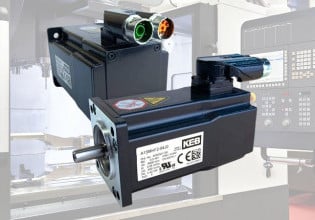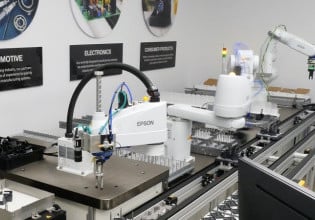J
The dilemma is whether our software being installed will be more reliable on a WinNT machine or a Linux machine. I appreciate the various good points for each OS, and am not that fond of Bill's monopoly on everything, but all that aside I need a reliable system to deliver. The system will house and encryption engine as well as a Wireless Network Router. The encryption engine I am developing but the wireless software is from another source.
So people, the floor is open to suggestions and reliability figures (namely MTBF) if you have any.
Kind Regards,
Javier Gonzalez
So people, the floor is open to suggestions and reliability figures (namely MTBF) if you have any.
Kind Regards,
Javier Gonzalez






